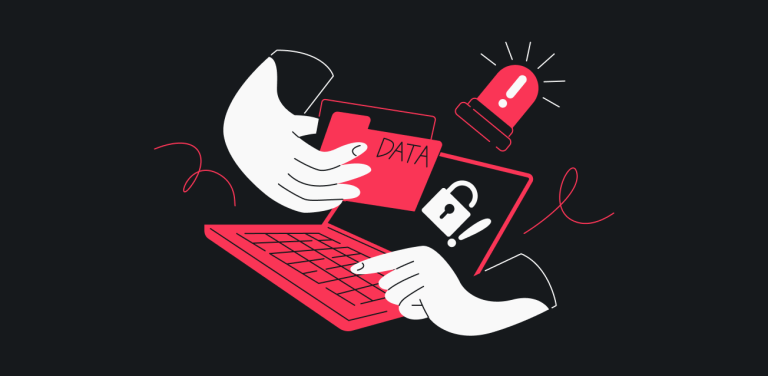The Breach : The Uber Data Breach of 2016 sent shockwaves through the tech industry, revealing the vulnerability of even the most prominent companies to cyber attacks. This article delves into the details of the breach, examines its consequences, and emphasizes the critical lessons learned regarding transparency and data security.
In late 2016, Uber discovered that hackers had infiltrated their systems and gained unauthorized access to the personal information of approximately 57 million users and 600,000 drivers. The stolen data included names, email addresses, phone numbers, and in some cases, driver’s license numbers. What made matters worse was Uber’s initial attempt to keep the breach hidden from the public and paying a ransom to the hackers to delete the stolen data.
The Uber Data Breach had severe consequences for both the affected individuals and the company itself. Users and drivers faced the risk of identity theft, fraudulent activities, and a breach of trust. Uber faced widespread criticism for its mishandling of the incident, particularly its failure to promptly disclose the breach to those affected and regulatory authorities. The revelation of the ransom payment further damaged Uber’s reputation and led to regulatory investigations, lawsuits, and a significant loss of customer trust.
The Uber Data Breach highlighted several crucial lessons that have shaped data security practices:
- Transparency and Timely Disclosure: Organizations must prioritize transparent communication and promptly disclose data breaches to affected individuals and regulatory bodies. Openness builds trust and allows those affected to take appropriate measures to protect their personal information.
- Robust Data Protection Measures: Companies should invest in robust data protection measures to safeguard customer information. This includes implementing encryption, access controls, regular software updates, and comprehensive vulnerability assessments.
- Effective Incident Response: Having a well-defined incident response plan is vital to handling breaches effectively. It should include procedures for thorough investigations, swift mitigation of the breach, and clear communication with affected parties.
- Compliance with Data Protection Regulations: Organizations must understand and comply with applicable data protection laws and regulations. This includes fulfilling obligations to report breaches to regulatory authorities and affected individuals within specified timeframes.
- Ethical Considerations: Companies should refrain from paying ransoms to hackers, as it encourages further attacks and raises ethical concerns. There is no guarantee that paying a ransom will result in the secure deletion of stolen data.
- Cultivating a Security Culture: Organizations should foster a culture of security awareness and responsibility among employees. This includes ongoing training, promoting good security practices, and encouraging a proactive approach to identifying and addressing vulnerabilities.
Impact : The Uber Data Breach of 2016 serves as a powerful reminder that even industry giants are susceptible to cyber attacks. It emphasizes the importance of transparency, data protection measures, and responsible incident response. By embracing these lessons, organizations can strengthen their data security practices, regain customer trust, and contribute to a more secure digital landscape.
Disclaimer : The information provided herein is on “as is” basis, without warranty of any kind.





